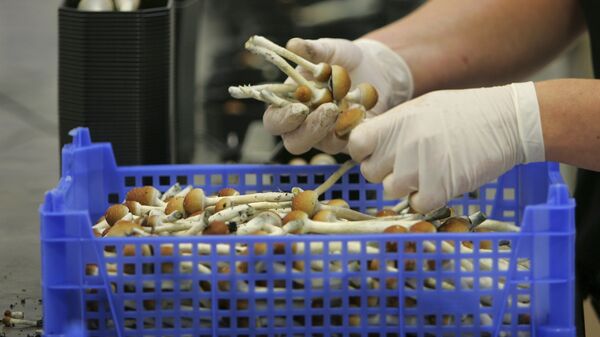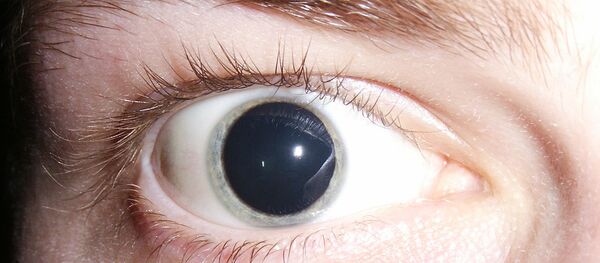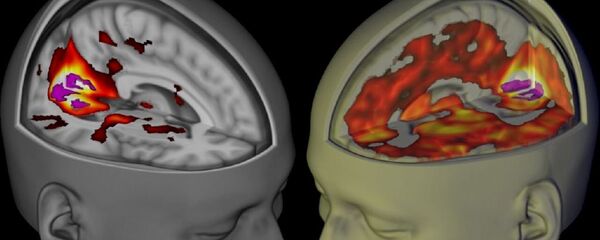The Denver Psilocybin Mushroom Decriminalization Initiative (DPMDI), scheduled for a May vote, will seek approval for an ordinance that will make it legal to possess the naturally-occurring substance — regardless of how much — as long as you are 21 or older, according to Nbcnews.com.
If passed, the initiative would also allow users to grow their own psychedelic mushrooms, although the move does not legalize retail sales of the compound.
"We're a pretty progressive city when it comes to drug policy," Matthews said, cited by NBC News.
Although political observers do not give the May vote a high chance of passing, the move will nonetheless work toward destigmatizing hallucinogenic mushrooms now being used in clinical studies as a means of countering various forms of mental illness, including post traumatic stress disorder (PTSD)."I don't foresee a recreational cannabis model in the near future," Matthews noted, adding that he intended the campaign to educate people and end the criminalization of its use at the hands of clumsy US policies from the 20th century's War on Drugs.
While offering the legalization of psilocybin, the measure will also seek to end criminal penalties connected with its use and possession.Matthews acknowledged that the 2014 decriminalization of the recreational use and sale of marijuana in the state has gone a long way toward relaxing a public perception frightened by heavy-handed federal drug tactics.
Researchers note successful new techniques using psilocybin and other former recreational — or ‘party' — drugs that are in the trial stages to treat depression anxiety and other mental challenges.
"I speak firsthand to how intense these experiences can be," remarked Johns Hopkins University School of Medicine psychiatry and behavioral sciences professor Matthew W. Johnson, who has long researched the use of psilocybin to treat anxiety and depression in cancer patients facing the end of their lives.
Psilocybin researcher Charles Grob, a UCLA psychiatry professor, agreed with Johnson's assessment and advocated further study and access to educational resources.
"If, in fact, it's ever available on a mass basis, it would be imperative to have a strong education component so people could understand what these compounds are," Grob stated, adding, "They should not be treated in a trivial manner."





